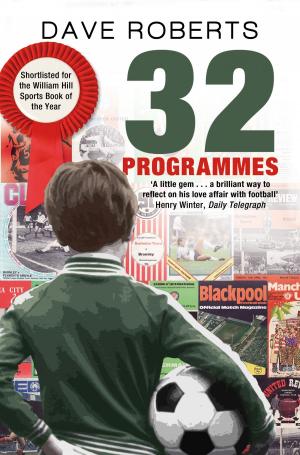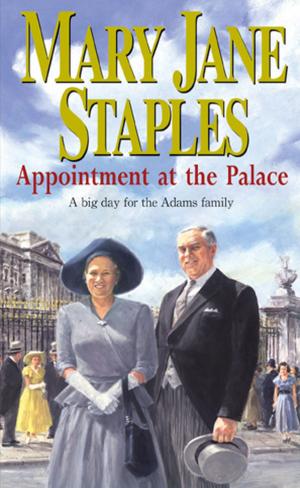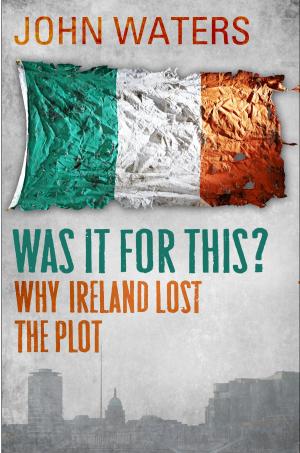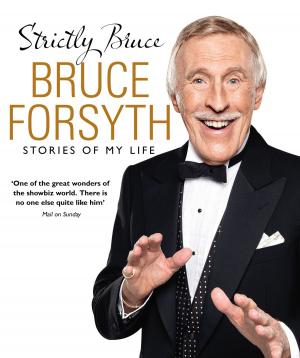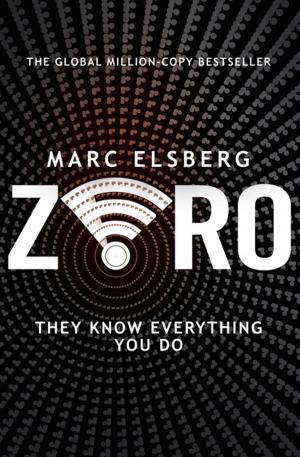| Author: | Anne Chambers | ISBN: | 9781448170531 |
| Publisher: | Transworld | Publication: | September 26, 2014 |
| Imprint: | Transworld Digital | Language: | English |
| Author: | Anne Chambers |
| ISBN: | 9781448170531 |
| Publisher: | Transworld |
| Publication: | September 26, 2014 |
| Imprint: | Transworld Digital |
| Language: | English |
In 2002, an eighty-five-year-old former civil servant was voted ‘Irishman of the Century’.
Widely regarded as “the architect of modern Ireland”, T.K. Whitaker’s life spans the history of the Irish state in whose economic, social and cultural evolution he played an integral and influential role. Born in Rostrevor, County Down, reared in Drogheda, County Louth, from modest beginnings, T.K. Whitaker’s meteoric rise through the ranks of the civil service saw him at 39 years become the youngest Secretary of the Department of Finance.
His was the quiet presence, the rational and informed voice behind many of the most momentous events in recent Irish history. His inspirational paper Programme for Economic Development became the blueprint for Ireland’s regeneration in the 1960s. As Governor in the 1970s his vision and purpose transformed the Central Bank into a dynamic institution. And, as advisor to Taoiseach Jack Lynch and other political leaders, he played a crucial role behind the scenes in the movement towards peace in Northern Ireland.
Drawn from in-depth interviews conducted with Dr Whitaker and his family, as well as exclusive access to his personal papers and correspondence, in Portrait of a Patriot author Anne Chambers reveals the quite extraordinary extent and diversity of T.K. Whitaker’s work on behalf of the Irish State; his relationship with Irish and international political figures such as De Valera, Lemass, MacBride, Costello, Sweetman, Lynch, Haughey, FitzGerald, O’Neill, and Whitelaw; his policy struggles with governments and individual ministers.
This personal and intimate biography also introduces Ken Whitaker the family man, his motivation, humour and compassion; the personal losses endured and the many highlights enjoyed.
T.K. Whitaker’s life story is a model of excellence, integrity and public duty, and as such is all the more relevant today when such practical patriotism seems largely absent in twenty-first-century Ireland.
In 2002, an eighty-five-year-old former civil servant was voted ‘Irishman of the Century’.
Widely regarded as “the architect of modern Ireland”, T.K. Whitaker’s life spans the history of the Irish state in whose economic, social and cultural evolution he played an integral and influential role. Born in Rostrevor, County Down, reared in Drogheda, County Louth, from modest beginnings, T.K. Whitaker’s meteoric rise through the ranks of the civil service saw him at 39 years become the youngest Secretary of the Department of Finance.
His was the quiet presence, the rational and informed voice behind many of the most momentous events in recent Irish history. His inspirational paper Programme for Economic Development became the blueprint for Ireland’s regeneration in the 1960s. As Governor in the 1970s his vision and purpose transformed the Central Bank into a dynamic institution. And, as advisor to Taoiseach Jack Lynch and other political leaders, he played a crucial role behind the scenes in the movement towards peace in Northern Ireland.
Drawn from in-depth interviews conducted with Dr Whitaker and his family, as well as exclusive access to his personal papers and correspondence, in Portrait of a Patriot author Anne Chambers reveals the quite extraordinary extent and diversity of T.K. Whitaker’s work on behalf of the Irish State; his relationship with Irish and international political figures such as De Valera, Lemass, MacBride, Costello, Sweetman, Lynch, Haughey, FitzGerald, O’Neill, and Whitelaw; his policy struggles with governments and individual ministers.
This personal and intimate biography also introduces Ken Whitaker the family man, his motivation, humour and compassion; the personal losses endured and the many highlights enjoyed.
T.K. Whitaker’s life story is a model of excellence, integrity and public duty, and as such is all the more relevant today when such practical patriotism seems largely absent in twenty-first-century Ireland.



